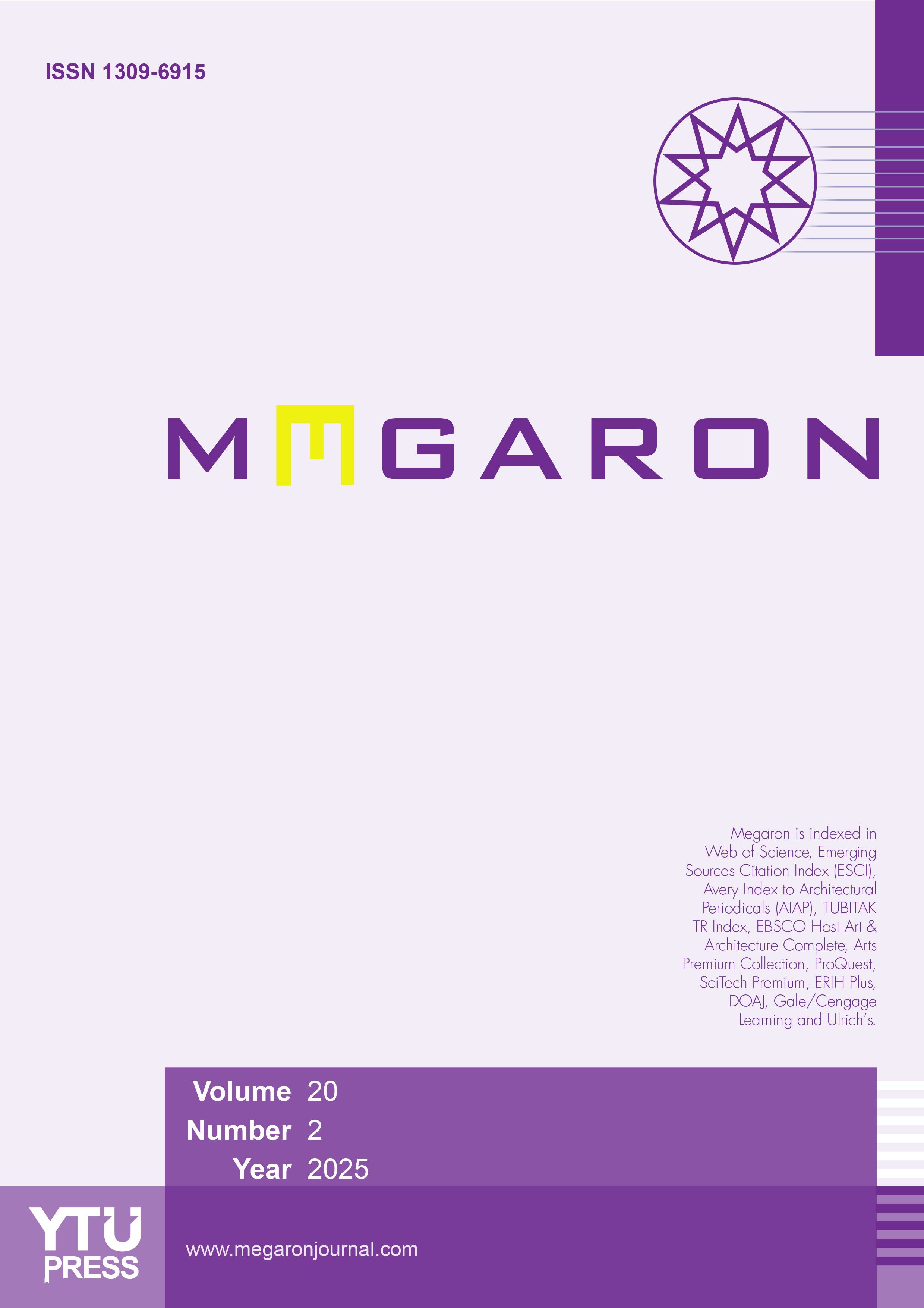Theoretical and practical issues regarding relocation of monuments – The case of Arslanagić Bridge in Trebinje
Maja Toshikj, Ákos ZsemberyDepartment of History of Architecture and Monument Preservation, Budapest University of Technology and Economics, Faculty of Architecture, Budapest, HungaryThe treatment of relocation is always questionable not only because of the theoretical background and methods used but also because it is a force majeure intervention. Considered inappropriate by heritage professionals since the primary task of monument conservation is in situ prevention, there is a need for a better understanding of what relocation means, when it is allowed, how it should be done, and the criteria to determine how and which monuments qualify to be preserved. This paper reviews the aspects of material and structural authenticity when relocating Arslanagić Bridge, the connection with the historical context, and existing charters and terminology. In addition, it aims to contribute to a broader theoretical understanding of relocation. Two types of damage are inflicted on the monument during the relocation; one is that the monument is extracted from the environment in which it originated, and the historical continuity is broken, and the other is from the method of relocation. In the case of the bridge, maintaining a physical appearance becomes more important than material authenticity. During reassembly, the internal cohesiveness was violently disturbed, damaging the integrity of the infill at the structural level by introducing concrete. At the new location, it is articulating as a new element, a new historical layer in a new environmental context.
Keywords: Arslanagić, bridge; charters; reconstruction; relocation; Socialist Federal Republic of Yugoslavia.Anıtların Taşınmasına İlişkin Teorik ve Pratik Konular – Trebinje'deki Arslanagić Köprüsü Örneği
Maja Toshikj, Ákos ZsemberyBudapeşte Teknoloji ve Ekonomi Üniversitesi Mimarlık Fakültesi Mimarlık Tarihi ve Anıt Koruma Bölümü, Budapeşte, MacaristanYerdeğiştirme yaklaşımı, sadece teorik altyapı ve kullanılan yöntemler nedeniyle değil, zorunlu bir müdahale olması nedeniyle de her zaman sorgulanabilir. Anıt korumanın birincil görevi yerinde koruma olduğundan dolayı koruma uzmanları tarafından uygun görülmediği için, yer değiştirmenin ne anlama geldiğinin daha iyi anlaşılmasına ihtiyaç vardır. Ne zaman izin verilmelidir? Nasıl yapılmalıdır? Hangi anıtların nasıl korunmaya uygun olduğunu belirleyen kriterler neler olmalıdır?
Bu makale, Arslanagić Köprüsü'nün yer değiştitilmesi sırasında, malzeme ve yapısal özgünlük unsurlarını, tarihsel bağlamla olan bağlantıyı ve mevcut karakterler ve terminolojiyi incelemektedir. Ek olarak, yer değiştirmenin daha geniş bir teorik anlayışına katkıda bulunmayı amaçlamaktadır.
Taşınma sırasında anıtta iki tür hasar meydana gelmektedir; biri anıtın çıktığı ortamdan koparılarak tarihsel devamlılığının bozulması, diğeri ise yer değiştirme yöntemidir. Köprü söz konusu olduğunda, fiziksel bir görünümün korunması, malzeme özgünlüğünden daha önemli hale gelir. Yeniden inşa sırasında, iç kohezyon şiddetli bir şekilde bozuldu ve betonun girmesiyle dolgunun yapısal seviyedeki bütünlüğü zarar gördü. Yeni yerinde; yeni bir unsur, yeni bir çevresel bağlamda yeni bir tarihsel katman olarak eklemleniyor.
Manuscript Language: English








